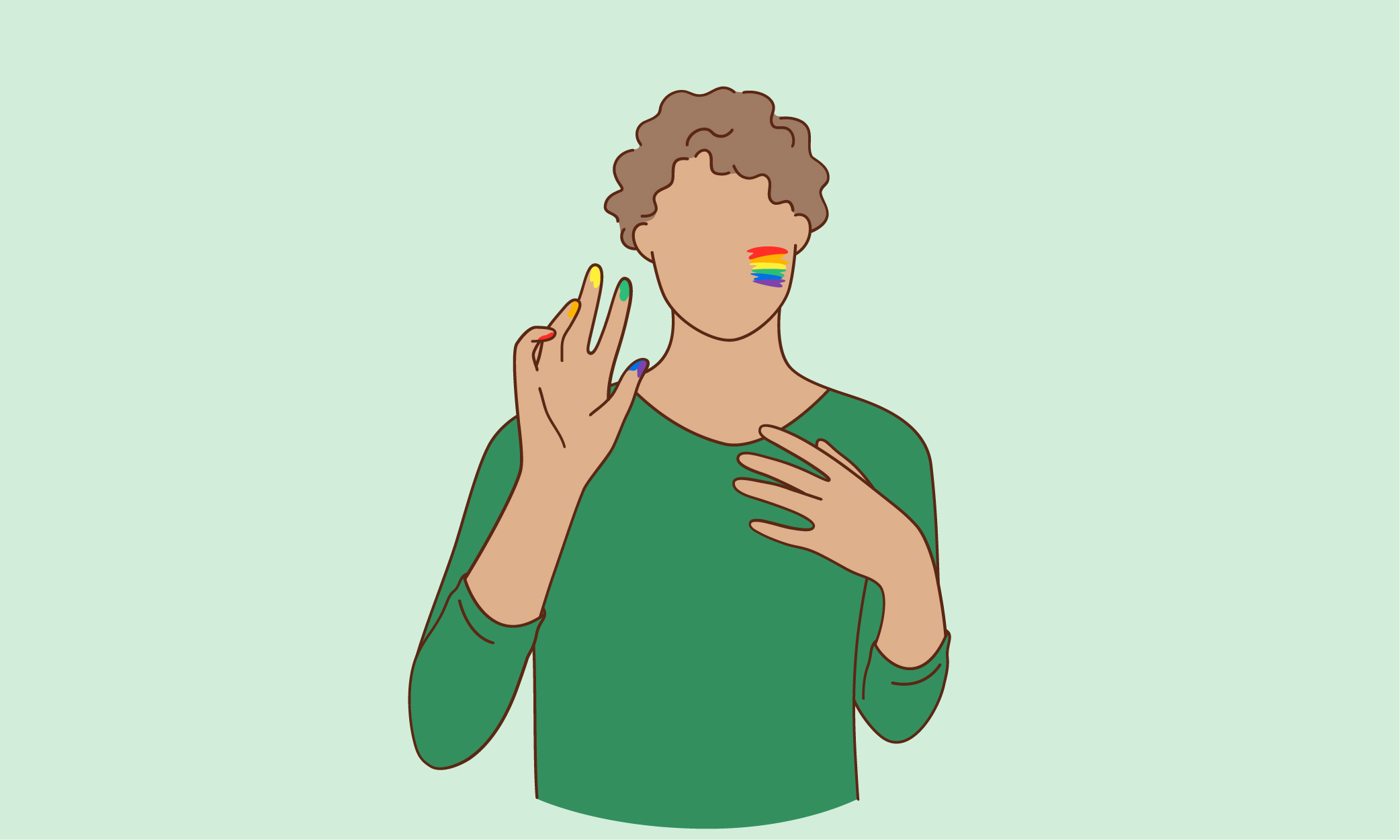Each year in the month of June, everything turns to color. Flags in the street for those that work out of home, multicolor icons in video conferences for those that work at home, rainbows everywhere; public buildings, non-governmental organizations, listed companies, small businesses. There has been a great deal of effort in recent years by the different social stakeholders to highlight and consolidate a reality that we must recall from time to time: paraphrasing the popular saying “variety is the spice of life”.
It can be said that there is a social, political and even regulatory commitment towards equality, inclusion and the recognition of diversity as a uniting rather than separating or controversial factor. Progress cannot be taken for granted and we must not take even one step back. However, progress in the area of diversity is not something we have resolved definitively and can look at in the review mirror.
In any case, we should check our GPS to see where we have come from:
From a legislative perspective:
- The Treaty constituting the European Community stated that “suitable action could be taken to fight against discrimination based on gender, racial or ethnic origin, religion or religious conviction, disability, age or sexual orientation”.
- Article 23 of the European Union Charter of Fundamental Rights expressly prohibits discrimination on the grounds of sexual orientation, amongst others.
- Article 14 of the Spanish Constitution (somewhat lagging in its literal terms) has been interpreted in a more broader sense to ensure that it is not limited to the causes of discrimination expressly provided (which include gender, but not sexual orientation).
- Articles 8.12, 8.13 bis and 16.1.c of the Social Infringements and Penalties Law (LISOS) consider discrimination as a very serious infringement, including discrimination based on sexual orientation, in addition to asking a potential worker about his/her sexual orientation.
From a judicial perspective:
- Even though the European covenant on human rights did not foresee sexual orientation as a prohibited form of discrimination, the Court of Justice of the European Union amended the situation and considered that the list in article 14 had to be interpreted to include the prohibition of this form of discrimination (Salgueiro da Silva Monta vs. Portugal).
- In Spain, judgments such as the one given by the High Court of Justice of Andalusia on March 7, 2019, have considered the conduct of a work colleague that repeatedly discredited a worker by referring to his poor performance allegedly due to his sexual orientation (in addition to systematic insults) as harassment and imposed a fine of 20,000 euros.
- More recently, the Judgment by the High Court of Justice of Cantabria of June 4, 2021, recalled that article 8.12 LISOS prohibits discrimination based on sexual orientation, amongst others, ordering a company to pay additional compensation of 6,000 euros.
From an institutional perspective:
A large number of diversity and inclusion policies have been implemented by companies, even in Spain, where it appeared that diversity and inclusion policies were taking too long (at least if compared to the Western world, which always seems to be more willing to acknowledge diversity); for example:
- Policies that prohibit discrimination based on gender, sex, sexual orientation, identity and expression of gender”.
- Internal regulations to promote the use of inclusive, non-sexist and non-discriminatory language.
- Strategies designed to promote knowledge, experiences and skills, irrespective of personal or social conditions or circumstances (possibly the broadest wording that any prohibition of discrimination could have).
So, what is left? Legislation, case law, specific policies … up to culture (always at the forefront) have been embedded and have (highly successfully) defended discourse on inclusion. If everything seems to be aligned, what do we refer to when we talk about diversity and pride?
We talk about people and how to identify their value to the company, work, culture, life. We talk of the value contributed by these people, not because of the work they do or the titles they possess, but rather because of what they are, because they have different points of view, in order to add (and not subtract) to the collective experience in the workplace, while not ignoring their sexual orientation, but rather considering it under the same conditions as any other. When this becomes a reality, be it on June 28 or any other day, we will have opened the door to true inclusion and the next challenge to diversity, when it will merely be an anecdote for a person to identify with a letter of LGTBIQ, irrespective of their racial origin, profession, faith or religion, or for being a man or a woman, etc., a day on which we will have achieved equality between women and men, as if it were a rock ‘n’ roll classic and move towards the true meaning of diversity. On this day, everybody will be proud.
Garrigues Employment & Labor Law Department






